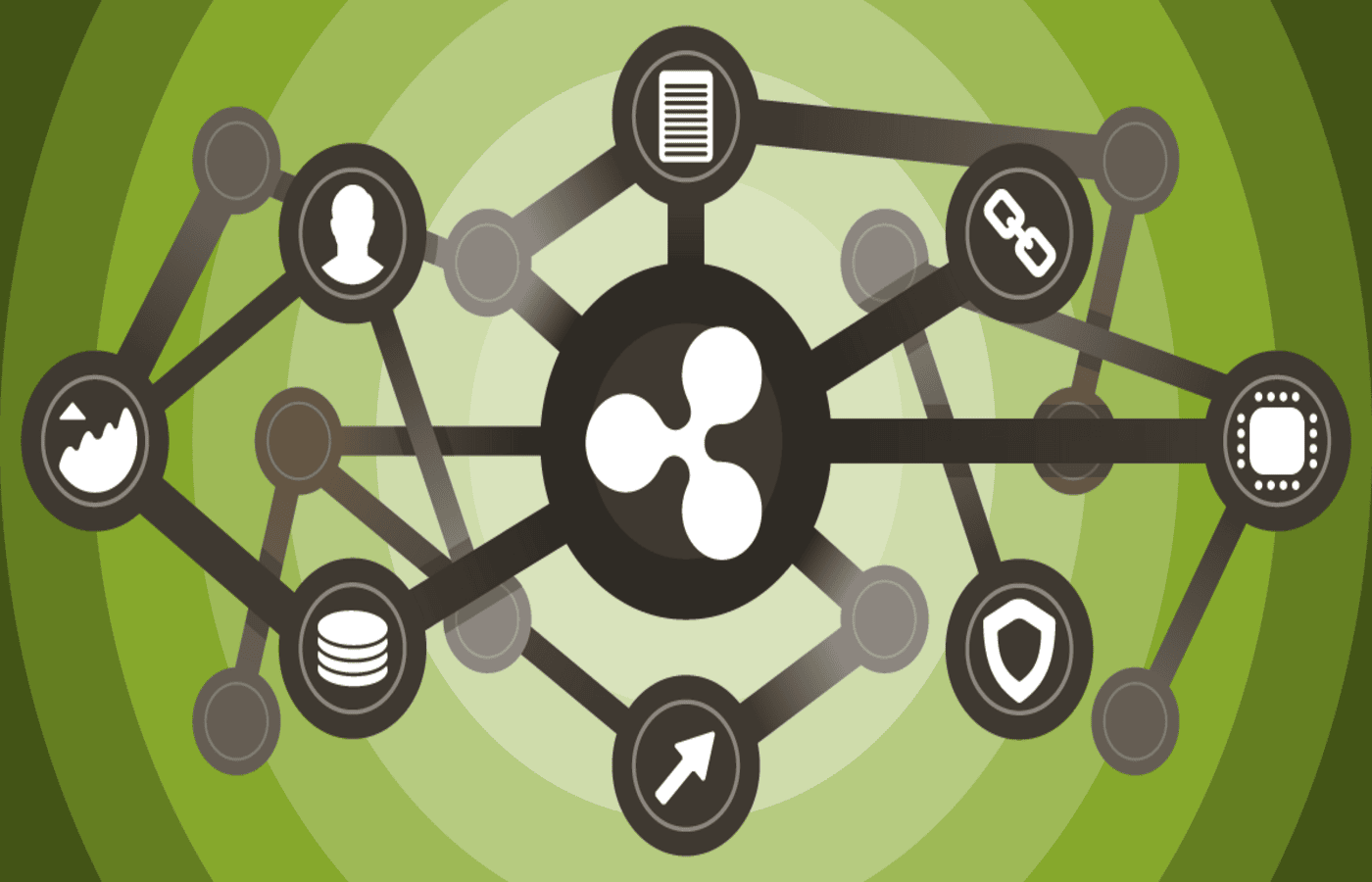Ripple’s XRPL Hosts Phase 2 Of Palau Stablecoin Project

The Ministry of Finance of Palau has officially launched the second phase of the Palau Stablecoin (PSC) project with Ripple’s CBDC platform collaboration. On December 15, Jay Hunter Anson, a cybersecurity consultant in Palau and adviser to the Ministry of Finance, confirmed the program’s second phase initiation in a post on X (formerly Twitter).
The PSC project aims to develop and distribute a digital currency pegged to the United States dollar. Anson said Ripple’s CBDC platform, XRP Ledger (XRPL), will allow the PSC team to manage the digital currency on a secure and scalable network.
The focus of the second phase is to build new partnerships for marketing and sustainable development goals, Anson added. The PSC project will also prioritize the development of a robust digital ecosystem and increased user engagement, emphasizing adherence to legal and regulatory compliance.
XRPL To Enhance Payments In Palau
Ripple’s CBDC Strategic Advisor Anthony Welfare also shared his thoughts on the PSC pilot program’s phase two launch. Welfare emphasized the benefits of a blockchain-based digital currency, citing advantages such as lower transaction fees and the potential to address the environmental impact of money circulation.
Welfare also drew attention to specific challenges, such as the complexity of moving traditional currencies between Palau’s 340 islands. Moreover, he said mobile data costs are high in the region. Even during power outages, Palau residents can use the PSC stablecoin for offline transactions. These features of XRPL have made it the choice of many projects interested in integrating blockchain technology. To enhance its abilities, the XRPL team has been introducing new upgrades, even after updating to XRPL 1.12.0.
On December 7, the Ministry of Finance in Palau announced the success of the initial phase of the PSC program. The first phase, lasting for three months, engaged 168 volunteers from government employees. The selected volunteers got 100 PSC each to spend at local retailers participating in the program. Participants used their mobile phones to make payments by scanning a QR code. The stores and volunteers involved shared positive feedback about their experience with the digital currency.








